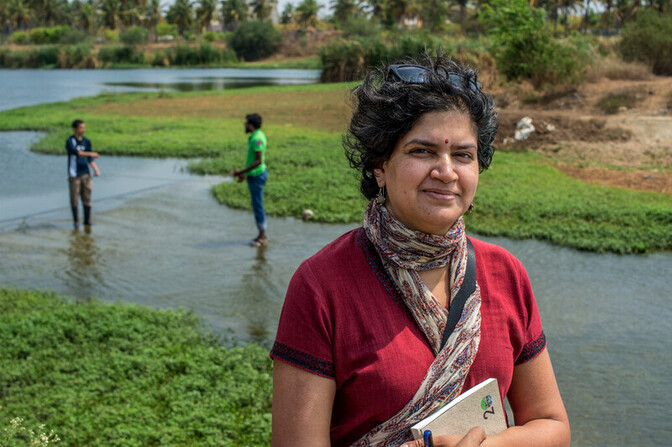Workshop on Bridging the Gaps in Climate Change Adaptation
/
About the event
Given the growing effects of climate change, there is an urgent need for socially inclusive and sustainable action to build resilience to climate change and natural hazards. This workshop on Bridging the Gaps in Climate Change Adaptation presents emerging evidence on how the growing needs for adaptation to climate change in Asia can be effectively addressed. It is organized by Asian research and capacity strengthening partners in CLARE and ICIMOD, along with Kathmandu-based stakeholders.
Objectives
The focus of this event is closing the gaps in climate change adaptation. While there has been much progress in national climate plans, the impacts of climate change are growing. And while action for adaptation happens at local level, capacities for such action are limited in many places with high needs, and local level data for effective climate change responses are not available. Neither is climate finance available where it is most needed.
Background
Capacities to address the impact of climate change at local levels are limited, and only 10-15 % of climate finance reaches marginalized groups and regions. The CLARE research programme is helping to address these gaps. For example, work by Uttaran and partners in Bangladesh is developing impact-based forecasts of water surge levels in inland tidal estuaries of the coastal areas. In the Philippines, TAMPEI and partner organizations are understanding ways in which residents of informal settlements are vulnerable to climate-related risks by actively engaging those communities in the process. Research in Nepal, Bangladesh and Bhutan is assessing migration as climate change adaptation strategies, and the effectiveness of interventions that enable migration as adaptation. And research on climate finance is quantifying the financial costs of climate change, the distributional consequences particularly with a gender lens, and what is needed to bring climate finance to where it is most needed.
As researchers and capacity strengthening experts who are part of the CLARE programme in Asia are meeting in Kathmandu, we are hosting an event on 8 October 2024 to engage climate and development practitioners in a discussion on evidence to inform effective climate action.
This meeting will present emerging findings on what investments can make action sustainable and inclusive and promote gender equity, and how this is facilitated by evidence and research. How can local innovation and good practice be scaled, and financed? What partnerships are needed to facilitate climate action, across local, national and international eco-systems of practice and research?
We are pleased to be joined by climate policy makers and practitioners based in Kathmandu in an active discussion about promotive climate action, on lessons learned, and on research and evidence that can promote sustainable and inclusive action. In the morning session, we will focus on the roles of communities in climate change adaptation, and the support they need to close adaptation gaps. The afternoon session will focus on the need to enhance access to climate finance and ensure this supports marginalized groups and addresses local needs.
Format and registration
This will be a hybrid event with both in-person and online participation. The group discussion in the morning is open only for in-person participants. During the afternoon session, the in-person as well as online attendees can ask questions or share their thoughts with the panellists. Following online registration, we will share a Zoom link via email for registered participants.
The morning session (10:00 to 11:30 Nepal time) and the afternoon session (13:30 to 15:30 Nepal time) will be open for online participants. For the first session on Adaptation Gaps in Asia, you can sign up here. For the second session on Adaptation Needs and Climate Finance, please sign up here.
Published
CLARE Projects
CLARE Partners


